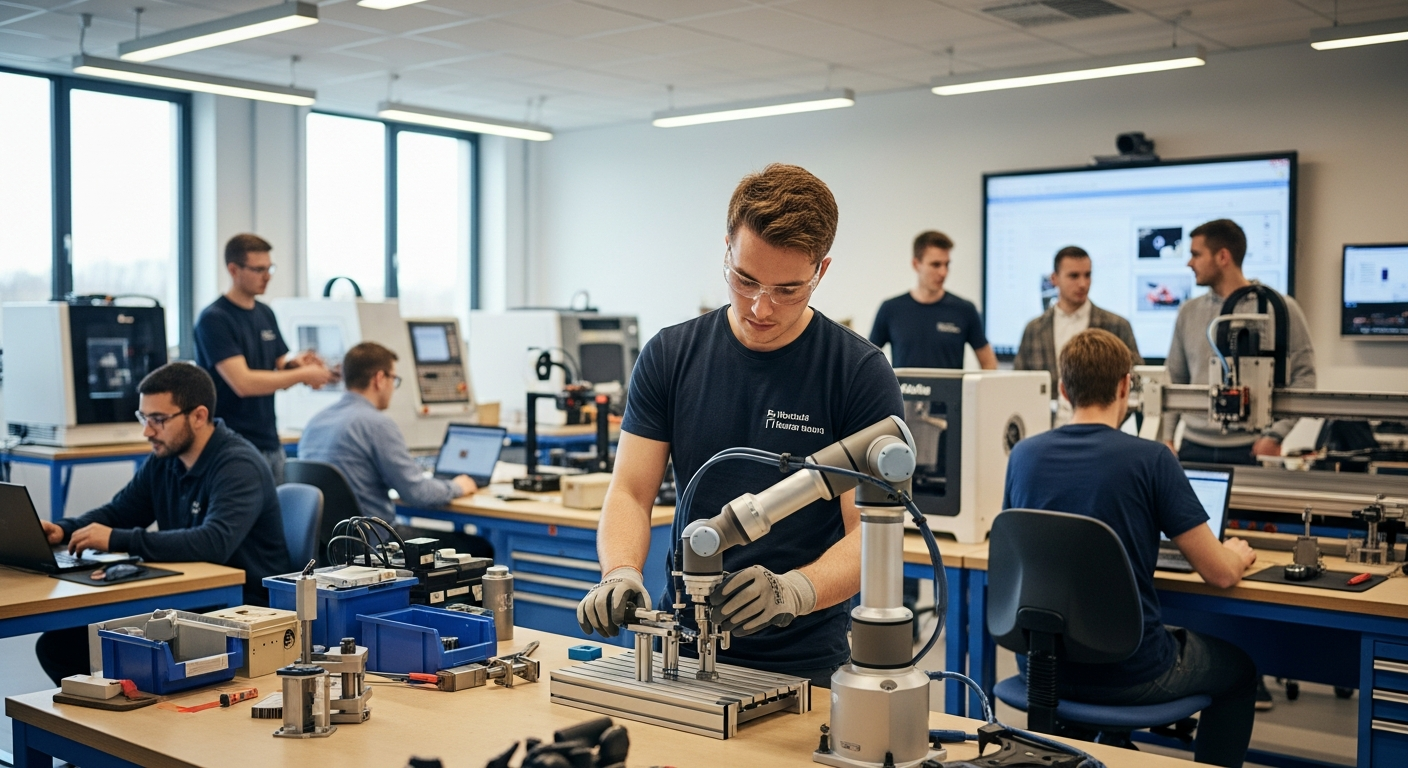Bridging the Gap: The Social Significance of Intergenerational Dialogue
From the earliest tribal societies to the modern world, intergenerational dialogue has played a critical role in the transfer of knowledge, customs, and values. However, in the wake of technological advancements and rapid societal change, the conversation between generations is shifting. This article explores the current dynamics of intergenerational dialogue and its impact on contemporary society.

Intergenerational Dialogue: A Historical Perspective
Since the dawn of human civilization, the flow of knowledge and wisdom from one generation to the next has been essential for societal continuity. Elders, with their wealth of experience and wisdom, traditionally played the role of teachers, imparting important life lessons, cultural traditions, and survival skills to younger generations. This intergenerational dialogue was a cornerstone of societal learning and growth.
The Modern Shift in Intergenerational Dialogue
With the advent of the digital age, the dynamics of intergenerational dialogue have undergone a significant shift. Modern technology has brought about unprecedented access to information, drastically altering traditional learning patterns. The younger generation, being digital natives, often find themselves in the unique position of teaching their elders. This reversal of roles has led to tensions, misunderstandings, and a perceived generational gap.
The Impact of Technology on Intergenerational Dialogue
Technology has provided younger generations with a voice and a platform to share their ideas, opinions, and experiences. Social media, in particular, has played a pivotal role in this. However, it has also led to a proliferation of “echo chambers” where people are exposed primarily to viewpoints similar to their own. This can lead to a lack of understanding and empathy towards different perspectives, including those of older generations.
Bridging the Generational Gap: The Need for Effective Dialogue
To foster understanding and mutual respect among generations, effective intergenerational dialogue is crucial. Encouraging open conversations about changes in societal norms, values, and expectations can help bridge the perceived generational gap. It can also allow for the sharing of unique insights and experiences, fostering mutual learning and growth.
The Role of Intergenerational Dialogue in Shaping Society
Intergenerational dialogue not only helps to bridge the generational divide but also plays a vital role in shaping society. It facilitates the transfer of historical knowledge and wisdom while allowing for the integration of new ideas and perspectives. This balance is essential for societal progress and cultural evolution.
By understanding the shifts in intergenerational dialogue and working towards effective communication across age groups, we can foster a society that values both the wisdom of the past and the innovation of the future. This balance is crucial as we navigate the complexities of the modern world and shape the society of tomorrow.






